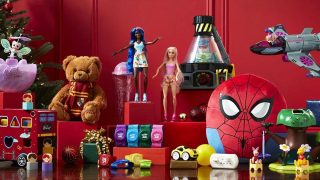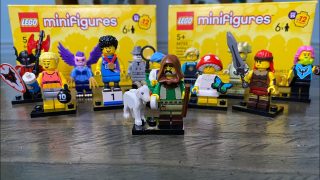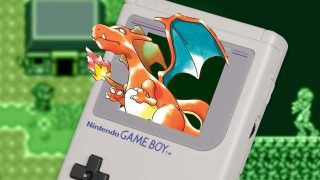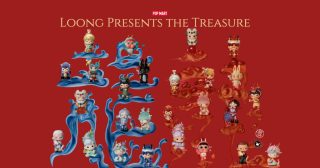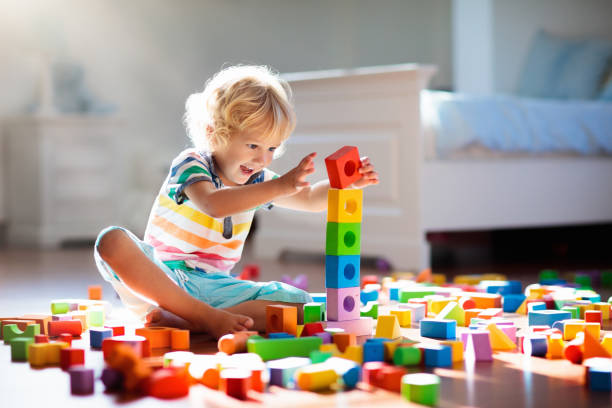

As a parent and an avid observer of the evolving toy industry, I’ve been particularly intrigued by the resurgence of what I like to call “Back to Basics” in children’s toys. This trend, according to the Toy Association, is about steering clear from overly complex and tech-centric toys, focusing instead on playthings that promote self-care and social-emotional learning.
Seventy-nine percent of U.S. parents, myself included, now view play as an essential form of self-care for our children. This perspective has been largely shaped by our collective experience during the pandemic. Like 77 percent of parents, I used toys to aid my child’s social-emotional learning during those trying times. And it seems most of us are still doing so, with a staggering 92% continuing this practice today.
What does self-care look like in the context of toys? For me, it’s about offering a variety of play experiences that instill healthy habits – from mindfulness practices and good sleep habits to increased social emotional awareness. I’ve noticed a significant shift in the toy space to accommodate this, including products that encourage nurturing play and introduce kids to new hobbies.
For instance, my daughter has a set of plush toys designed not just for cuddling but also for teaching empathy and kindness. Each toy comes with a story that encourages her to think about others’ feelings. There’s a growing trend of such thoughtful, nurturing toys, which I believe is a fantastic way to teach children about emotional intelligence from a young age.
Another aspect of this trend is the re-emergence of classic play. Traditional board games, building blocks, and even simple sports equipment are making a comeback. These toys don’t just bring families together; they help children develop physical skills, problem-solving abilities, and social interaction in a very organic way.
I’ve always believed that the best kind of learning happens when children don’t even realize they’re learning. When my son spends an afternoon building a fort out of blocks, he’s not just playing. He’s learning about physics, mathematics, and even a bit of engineering – all while using his imagination.
In conclusion, the “Back to Basics” trend in the toy industry is more than just a nostalgic return to simpler times. It’s a thoughtful response to our children’s evolving needs, focusing on their mental, emotional, and physical well-being. It’s about providing them with tools for self-care and emotional intelligence, something that will benefit them long into adulthood. As a parent, I find this trend not only reassuring but also necessary in today’s fast-paced and often overwhelming world.

